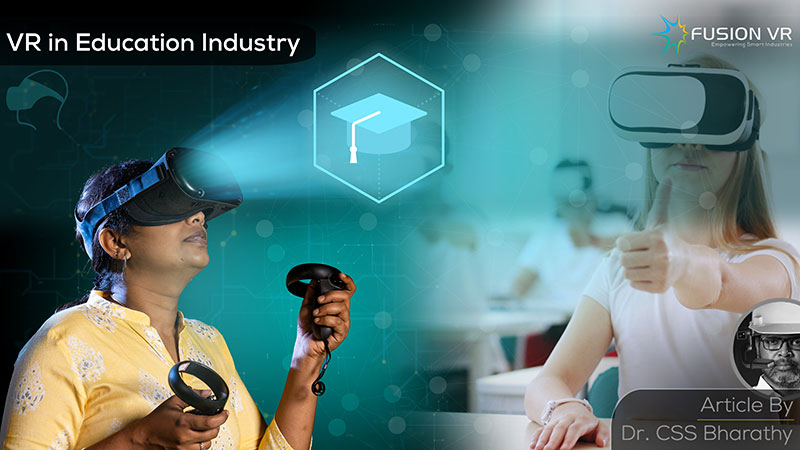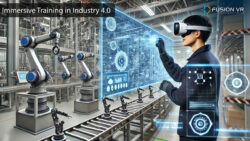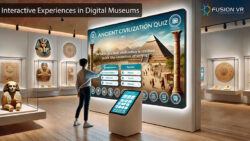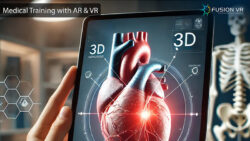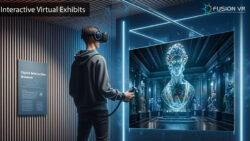“I hear and I forget. I see and I remember. I do and I understand”.
This quote by Confucius is the essence of Virtual Reality. This is a technology that is conquering new domains and the Education Industry is its latest conquest. Gartner, a top consulting firm, has identified VR as one of the top 10 technologies that will impact higher education. VR brings revolutionary changes as it moves students away from rote learning towards experiential learning. VR really matters because it’s the most effective path to learn, retain and perform. VR will also change your typical campus into a smart campus. If you’re wondering why and how, just read on.
Learning with VR enables a student to experience things that can never be experienced in a classroom environment. Specially devised VR modules deliver the content required to achieve all learning objectives. VR requires a headset that immediately teleports you to a digitally recreated virtual learning environment that is so immersive and exciting that the user forgets that they are in a virtual world. You would be able to navigate and perform actions with your own hands as in the real world.
Experience-rich Learning with VR
VR is completely immersive and it enables the creation of new learning experiences for a student. It enables students to understand important concepts through better visualization and hands-on experiential learning to develop skills in a real world environment. For example, human anatomy can be taught in VR using a highly realistic model that is three-dimensional and highly realistic. A medical student would be able to hold a human heart in his/her hands, look at it from all possible angles, pick apart the blood vessels and put all of it back together. In engineering, students can virtually walk onto an oil rig on the high seas or a manufacturing shop floor to get a multi-sensory experience of that environment. They can operate equipment and perform other tasks individually or collaboratively with voice over or textual guidance. Students can virtually travel and learn about historic places or monuments.
This VR experience results in high retention as the student has not just seen or heard about it, but experienced it. Experience, after all, is the best teacher and VR delivers that in the most safest way. PWC reports that VR learning is four times faster and more effective than classroom learning. Learning with VR is gamified which makes it very attractive to this digital generation. Teachers, professors, administrators and students need to immediately embrace this fantastic technology and get its complete benefits. VR will make teaching easier, helping to save time, effort and cost for everyone involved.
So, cut to the chase and get in touch with one of India’s leading virtual reality companies that specializes in VR solutions and help achieve learning excellence in the education industry.

